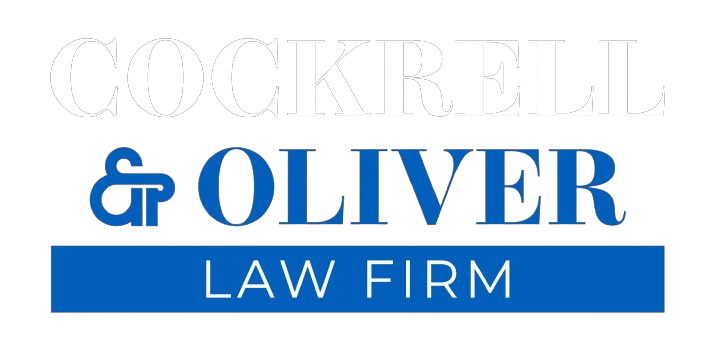What is No Refusal Weekend in Texas?
In Texas, “No Refusal” weekends are a policy directive aimed at DWI enforcement.
Assume you hear on the news or radio that the coming weekend is a “No Refusal” weekend. Assume further that you happen to be out and about that weekend, with friends. And, at some point an officer stops and accuses you of driving while intoxicated. Eventually, that officer is going to read a document to you that concludes with his asking whether you will consent to the taking of a specimen of your breath or blood.
Constitutionally, you have a choice: consent or refuse.
But, practically, you don’t. If you do not agree to provide the requested specimen one will be forcibly taken from you. And, they cannot strap you down and force you to provide a breath specimen. So, if you deny consent during one of these fateful weekends, you can expect to be strapped to a chair and stuck with a needle.
That’s what “No Refusal” weekend means.
No laws have been changed that allow for “No Refusal” weekends. The police have always had the statutory authority to obtain a warrant for your blood if you refused their request. And, it doesn’t have to be a “No Refusal” weekend for them to go through the process of obtaining a warrant for your blood.
DWI practitioners differ as to whether it is better to consent to a breath test or refuse and force them to obtain a warrant. In my opinion, for the vast majority of citizens the safest course of action is to simply consent to the breath test.
In most cases the amount of time it will take for police to obtain a warrant and transport you to a facility where the blood can be drawn will not aid in your defense. It can. But, in most cases it won’t. Indeed, in many instances it actually enhances your defense if the specimen is provided soon after investigation and arrest.
Additionally, the methodology used to forensically test blood is considered the evidentiary “gold standard.” That doesn’t mean their results are always reliable. Indeed, in light of the multitude of lab scandals that have occurred in and around the state of Texas, it is hard to confer more confidence on forensic blood testing than a toddler left to his own devices with a child’s chemistry kit. Still, defending a blood test case is more expensive and time-consuming than defending a breath test case.
And, breath test machines are inherently unreliable pieces of junk, too.
Either way, a “No Refusal” weekend means exactly what it sounds like it does. So, the best thing you can to is to educate yourself and, most importantly, be careful.
The post What is No Refusal Weekend in Texas? appeared first on Rick Oliver Law Firm.



